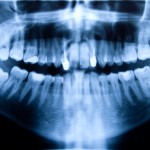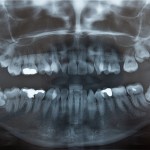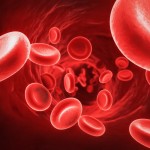
This review of the effects of photobiomodulation (PBM) on pain, oedema, and trismus after extraction of impacted mandibular third molars included 33 RCTs. However 30 of the included studies were considered to be at high risk of bias, and while the results suggested small benefits for PBM in relation to reduction of pain and swelling these were not considered to be clinically important.
[read the full story...]


